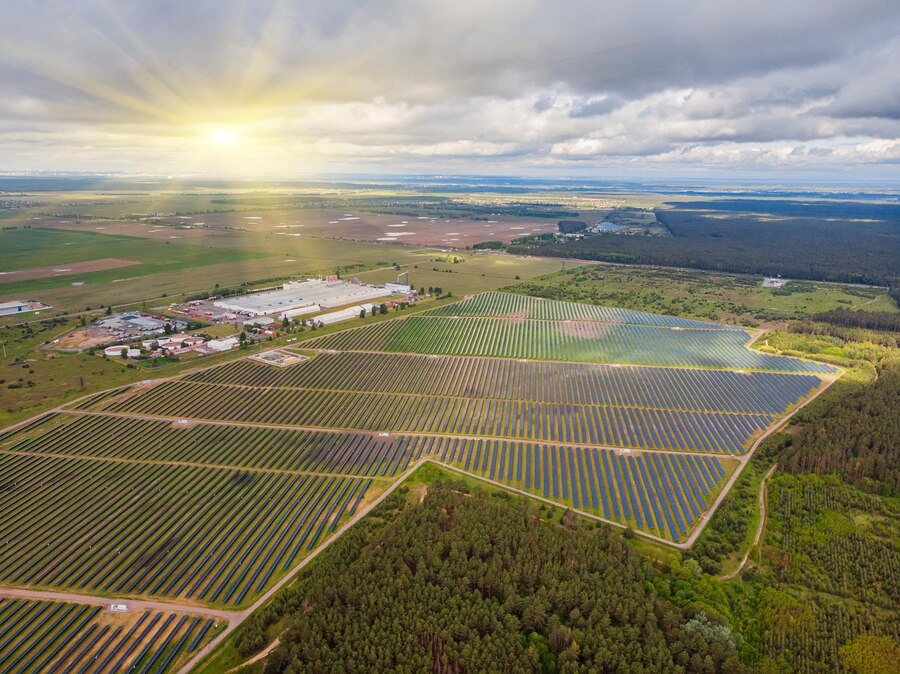In recent years, sustainability in sugar logistics has become a focal point for industries worldwide, and the sugar sector is no exception. As concerns about environmental impact continue to grow, companies are increasingly turning to sustainable practices, even in their logistics operations. In this blog post, we’ll explore the concept of sustainability in sugar logistics, examining the practices, environmental impact, cost implications, and industry adoption of this green approach.
Sustainability Practices
Sustainability in sugar logistics encompasses a range of practices aimed at reducing the environmental footprint of transporting sugar from production facilities to end consumers. These practices may include optimizing transportation routes to minimize fuel consumption, investing in fuel-efficient vehicles, and adopting alternative modes of transportation such as rail or sea freight, which emit fewer greenhouse gases than traditional trucking. Furthermore, companies may implement technologies to track and reduce carbon emissions throughout the supply chain, such as telematics systems that monitor vehicle performance and driver behavior. Additionally, packaging materials may be optimized to reduce waste and environmental impact, with a focus on recyclable or biodegradable materials.
Environmental Impact
The environmental impact of traditional sugar logistics practices can be significant, with emissions from transportation contributing to air pollution and climate change. By adopting sustainable practices, such as using renewable energy sources for transportation and reducing fuel consumption through route optimization, companies can mitigate their environmental footprint and contribute to a cleaner, greener future.
Cost Implications
While there may be upfront costs associated with implementing sustainable practices in sugar logistics, such as investing in fuel-efficient vehicles or upgrading infrastructure, the long-term cost implications can be favorable. By reducing fuel consumption, companies can lower their operational expenses and improve their bottom line. Additionally, sustainability initiatives may lead to cost savings through efficiency improvements and reduced waste.
Industry Adoption
The adoption of sustainability practices in sugar logistics varies across the industry, with some companies leading the way in implementing green initiatives, while others are slower to embrace change. However, as awareness of environmental issues continues to grow and consumers demand more sustainable products, there is increasing pressure on companies to prioritize sustainability in all aspects of their operations, including logistics.
Conclusion
In conclusion, sustainability in sugar logistics is an important consideration for companies looking to reduce their environmental footprint and operate more responsibly. By implementing practices such as optimizing transportation routes, investing in fuel-efficient vehicles, and reducing packaging waste, companies can minimize their impact on the environment while also realizing cost savings and gaining a competitive edge in the market. For more insights into the challenges facing the global sugar supply chain, check out our blog post on challenges facing the global sugar supply chain. Additionally, to learn about the benefits of strategic partnerships in sugar logistics, read our blog post on strategic partnerships in sugar logistics.

